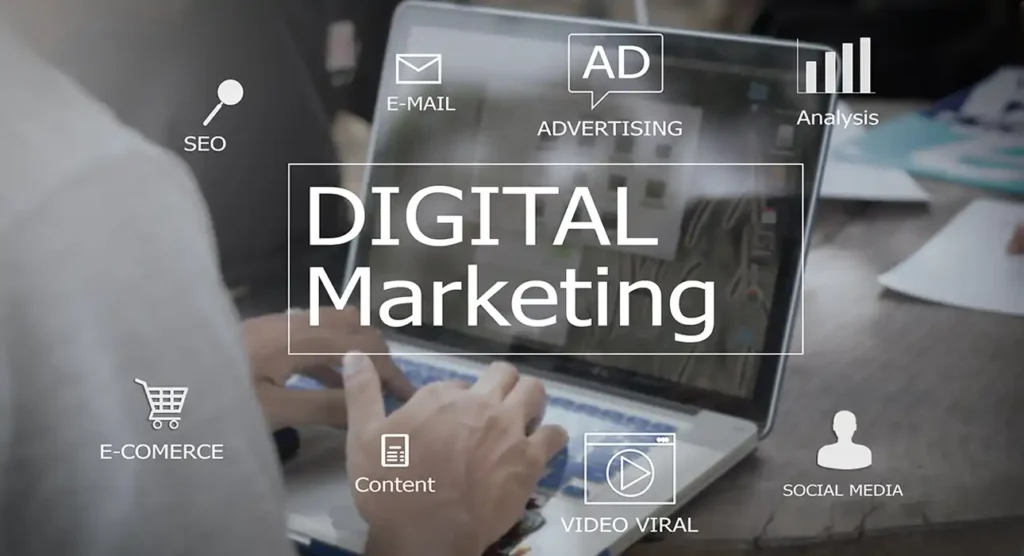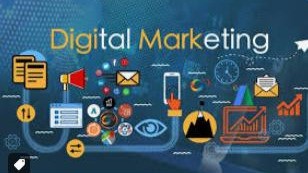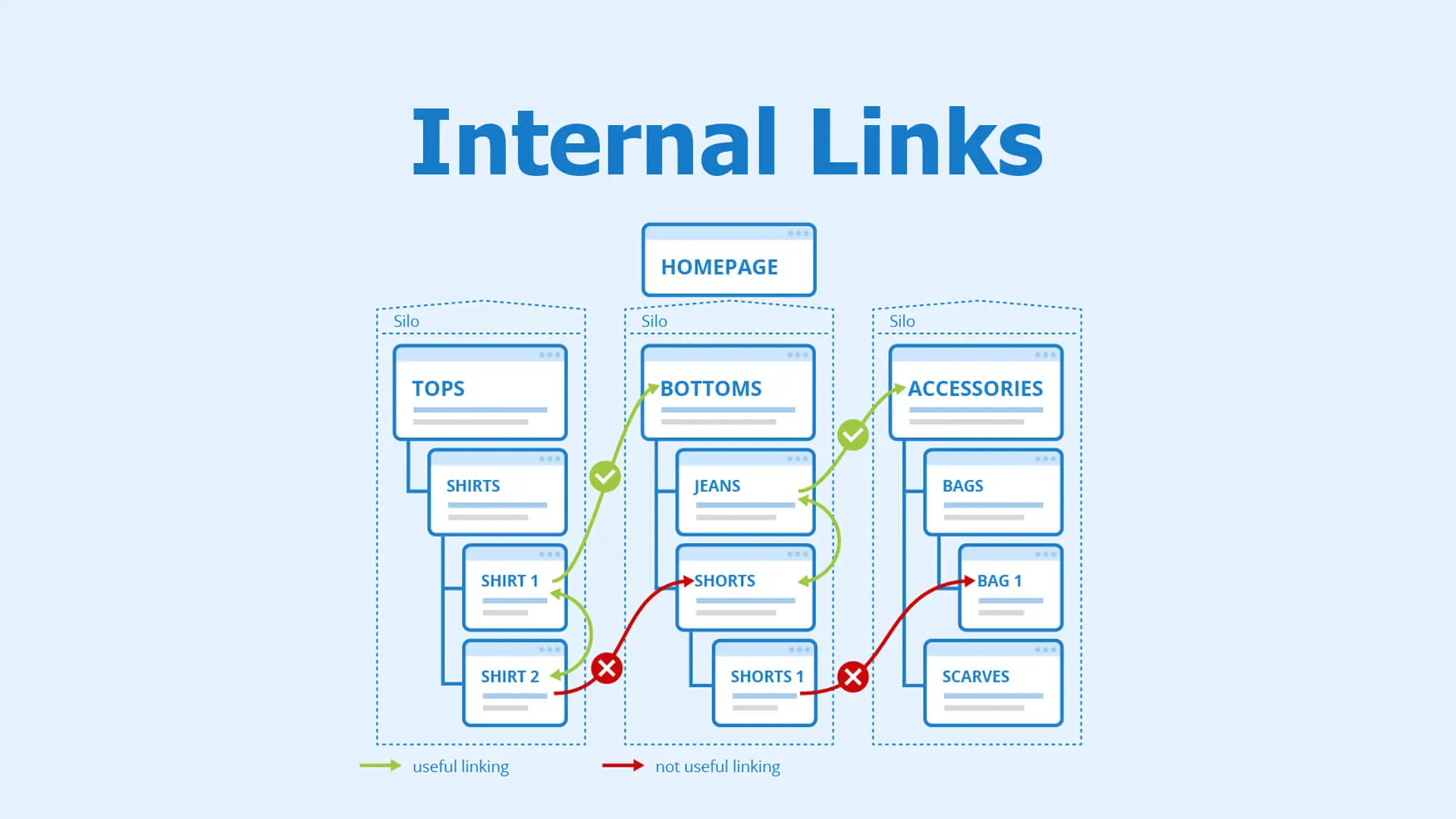Digital marketing is essential for modern businesses because it allows them to connect with their audience where they spend the most time—online. With the rise of smartphones, social media, and e-commerce, consumers now research, compare, and buy products digitally. If a business isn’t visible online, it’s essentially invisible to a huge portion of its market.

Here are key reasons why digital marketing matters:
- Wider Reach: Digital channels allow businesses to reach a global audience at a fraction of the cost of traditional marketing.
- Cost-Effective: Compared to TV, radio, or print, digital marketing offers affordable advertising options, especially for small businesses.
- Measurable Results: With tools like Google Analytics and Facebook Insights, businesses can track performance, user behavior, and ROI in real-time.
- Targeted Advertising: Digital platforms enable precise audience targeting based on demographics, interests, location, and online behavior.
- Customer Engagement: Through content marketing, email, and social media, businesses can build relationships and engage with customers regularly.
- Competitive Advantage: A strong digital presence can help businesses stand out in crowded markets and stay ahead of competitors.
In short, digital marketing is not just an option—it’s a necessity for growth, visibility, and long-term success in today’s digital world.
In today’s fast-paced, technology-driven world, digital marketing has become a cornerstone for business growth and sustainability. As consumer behavior continues to shift online, businesses must adapt their marketing strategies to stay relevant, competitive, and accessible to their target audience.
One of the biggest advantages of digital marketing is its unmatched reach. With billions of people using the internet every day, businesses can promote their products or services to a global audience regardless of their size or location. Unlike traditional marketing—which is often expensive and limited by geography—digital channels such as search engines, social media, email, and websites offer cost-effective solutions that level the playing field for small and large businesses alike.
Digital marketing also enables highly targeted advertising. Platforms like allow businesses to tailor their campaigns based on user demographics, interests, online behavior, and even location. This ensures that marketing messages reach the right people at the right time, improving conversion rates and return on investment (ROI).
Another key benefit is measurable results. Tools like Google Analytics, social media insights, and email tracking let businesses monitor campaign performance in real time. This data-driven approach helps refine strategies, eliminate waste, and focus on what works.
Furthermore, digital marketing fosters two-way communication. Through social media, blogs, and email, businesses can engage directly with their customers, build loyalty, answer questions, and gather feedback—creating a more personalized and responsive brand experience.
In essence, digital marketing is not just an optional strategy—it’s an essential part of modern business. It helps brands stay visible, build relationships, increase sales, and adapt quickly in an ever-evolving marketplace.

In today’s digital era, businesses cannot afford to ignore the power of digital marketing. Traditional marketing methods like print ads, billboards, and TV commercials are no longer enough to reach a diverse and increasingly online customer base. Digital marketing provides businesses with new opportunities to connect, engage, and convert potential customers across multiple online channels.
1. Expanding Customer Reach
Digital marketing opens the door to a global marketplace. Whether you’re a small local business or an international brand, digital platforms like Google, Facebook, Instagram, and LinkedIn enable you to reach millions of potential customers worldwide. This vast reach is impossible with traditional marketing, which tends to be limited by geography and cost.
2. Cost Efficiency and Flexibility
Running a digital marketing campaign often costs less than traditional advertising methods. Businesses can start with a modest budget and scale campaigns based on performance. Pay-per-click (PPC) ads, for example, allow you to pay only when someone clicks your ad, making it highly efficient. You can also quickly adjust your campaigns, keywords, or target audiences in real-time to optimize results.
3. Precise Targeting and Personalization
One of digital marketing’s biggest advantages is the ability to target specific audiences based on detailed data. This includes demographics like age, gender, and location, as well as interests, buying behavior, and even past interactions with your website or social media. Personalization increases engagement and boosts conversion rates by delivering relevant messages to the right people.
4. Measurable and Data-Driven Decisions
Digital marketing offers robust analytics tools that track every aspect of your campaign — from impressions and clicks to conversions and customer behavior. This data empowers businesses to measure ROI accurately and make informed decisions. Unlike traditional marketing, where the impact can be hard to quantify, digital marketing lets you see what’s working and what’s not.
5. Builds Brand Awareness and Loyalty
Consistent online presence helps businesses build brand recognition and trust. Through content marketing, social media, and email newsletters, companies can maintain ongoing relationships with their customers, nurture leads, and encourage repeat business. Engaging with customers directly also humanizes your brand, strengthening loyalty.
6. Keeps You Competitive
As more businesses adopt digital marketing, not having a digital presence means losing out to competitors who are actively engaging online. Digital marketing allows businesses to stay visible, respond to trends quickly, and meet customer expectations in a digital-first world.
7. Supports Omnichannel Marketing
Customers interact with brands across multiple devices and platforms. Digital marketing helps integrate these touchpoints—mobile, desktop, social media, email—into a seamless experience. This omnichannel approach improves customer satisfaction and maximizes opportunities to convert.
In Conclusion:
Digital marketing is an essential part of the modern business landscape. It drives growth by expanding reach, enhancing engagement, and providing measurable results. Businesses that invest in digital marketing strategies are better positioned to adapt to changing consumer behaviors, gain a competitive edge, and build lasting customer relationships.
Read Also: Latest post
